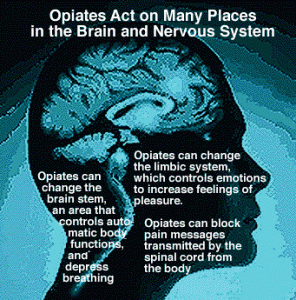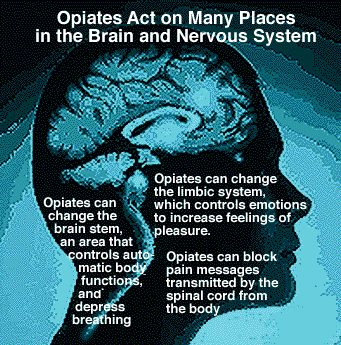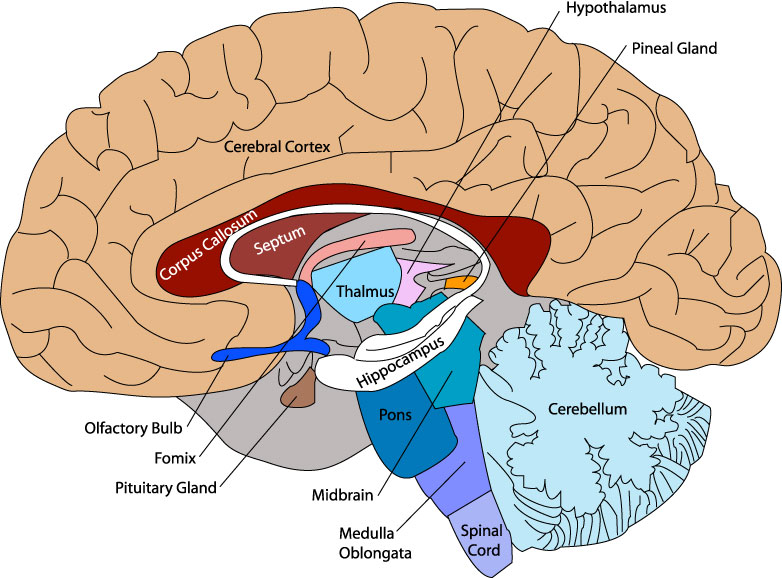 Opiate addiction is one of the most dangerous forms of drug addictions that can completely ruin the life of a person. Opiates, a family of drugs used to relieve pain, can have very negative health consequences. Abusing heroine, methadone, morphine and other opiates have damaging effects on the nervous system.
Opiate addiction is one of the most dangerous forms of drug addictions that can completely ruin the life of a person. Opiates, a family of drugs used to relieve pain, can have very negative health consequences. Abusing heroine, methadone, morphine and other opiates have damaging effects on the nervous system.
It is important to understand that providing medical treatment to opiate addicts is not an easy task. Convincing a person to go to rehab for opiate addiction treatment is the first step. However, it is not easy for a person to accept the fact that he needs to go to rehab for professional medical help. In fact, many of the patients either remain in the denial mode or believe that they can overcome the addiction on their own. The role of family and friends is very important in this regard. If you know a person who suffers from opiate addiction, it’s important to convince him to seek professional medical help. Here are few things that may help:
- Involve family members
It’s important for the family members of an addicted person to sit down with him and have a frank talk. It’s important to appreciate the person and tell him how much you love him. At the same time, it should be explained to him clearly that he needs medical intervention to recover fully from his addiction. The involvement of near and dear ones will prove to be very helpful in this regard.
- Seek a professional intervention
Seeking help of the professionals who specialize in drug intervention may prove to be immensely helpful when it comes to convincing a patient for opiate addiction treatment. With years of experience and knowledge, professionals can also help the family members find out what type of treatment the patient needs.
- Don’t criticize
Criticizing the patient or making him feel guilty will not serve any useful purpose. On the contrary, it will further alienate the patient and will make it difficult for you to convince him to go to rehab.
- Identify the hurdles and remove them
It’s important to find out the reasons why a person is refusing help. Once you’ve understood the factors that are preventing the patient to go to rehab, it’s important to work through these hurdles in an effort to overcome them.




